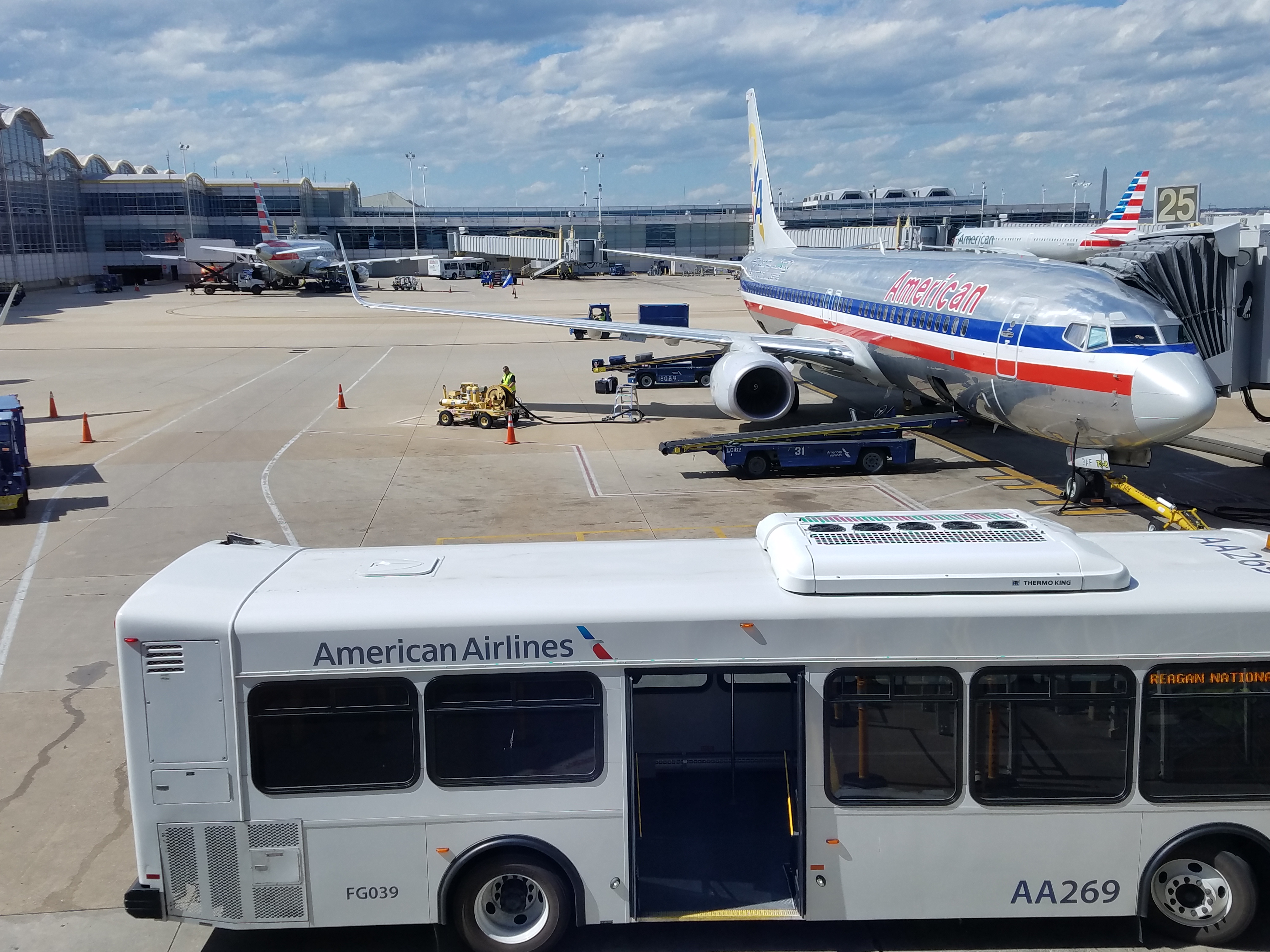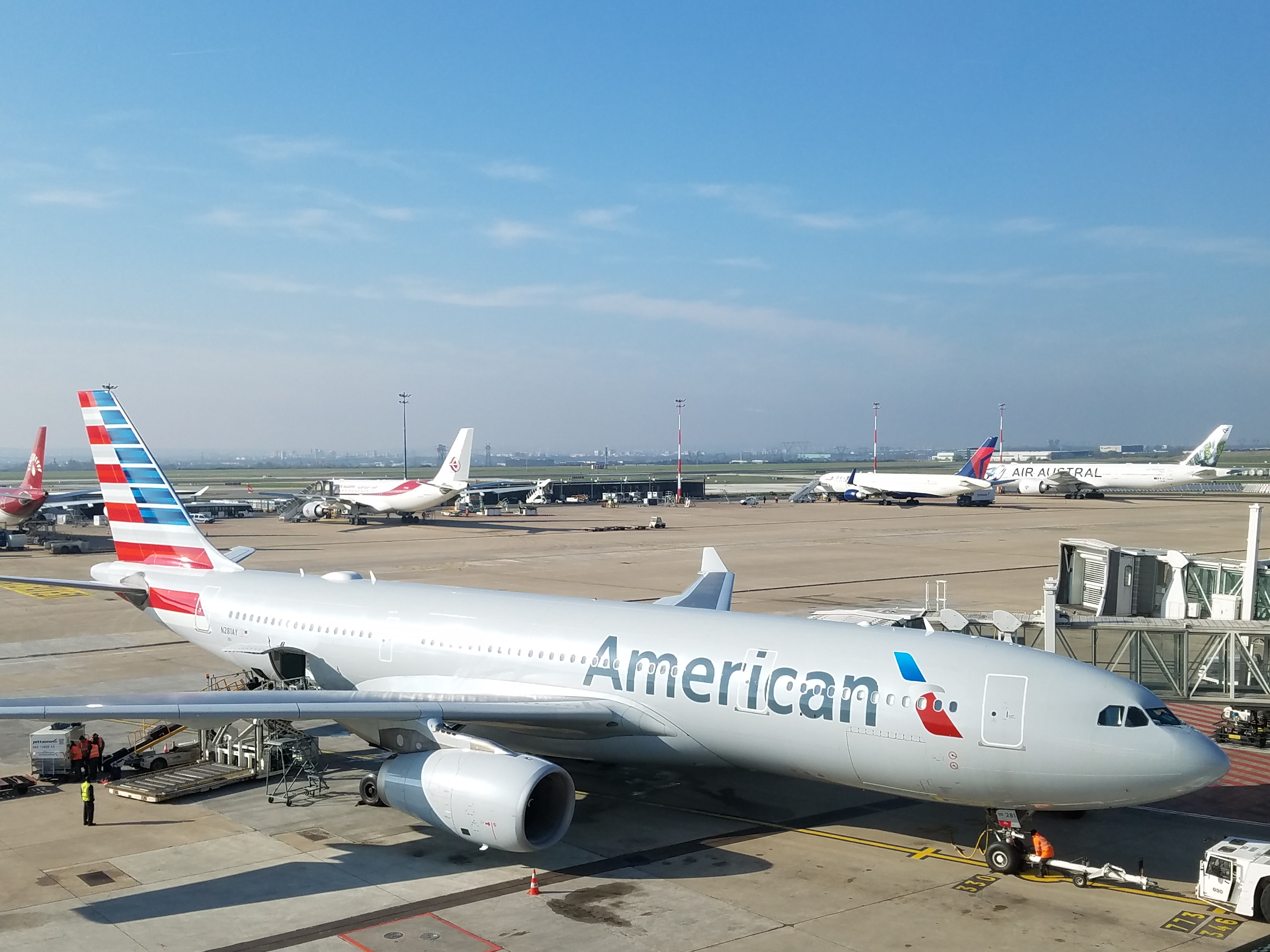An airline may not control the alleys around their gates at the airport. They certainly don’t manage air traffic control. They can’t control the weather. American Airlines focuses on ‘D0’ — departing exactly on time — on the theory that an on-time departure is the most controllable thing they can do which ties to an on-time arrival.

Now that former American Airlines President Scott Kirby is President at United, the approach is coming to United.
Departing on time only has a limited relationship with arriving on time, and incentivizing the former hardly guarantees the latter. Indeed a 200 year old transportation story is apt.
In the late 1800s England regularly sent convicts to Australia. The voyage by sea was not easy: An average of 12 percent of prisoners died on the way. Many in England found this alarming and sought to reduce the mortality rate. They tried many things, but nothing worked.
Nothing worked, that is, until the economists got involved. It turns out there was a simple problem with how the English were sending their prisoners to Australia: They were paying the captains of ships based on the number of prisoners that boarded the ships. This system was changed to one in which captains were paid based on the number of prisoners who departed their ships alive. Overnight the mortality rate fell from an average of 12 percent to about 1 percent.
Incentives matter. And using the right incentives tiered towards you goals matter.
Put another way, you get what you measure. If the only thing you measure is D0, you get D0 and nothing else.

The problem with D0 isn’t that on-time departures aren’t valuable, it’s that incentivizing on time departures (with both a positive and negative approach) is creating customer service problems because they’re doing it wrong.
Instead of supporting gate agents with the resources they need to perform all their duties and make sure planes get out, they pressure existing gate agents and tell them all that matters — to the exclusion of everything else — is D0.
And at American this laser-like focus on pushing back exactly on time, with consequences based solely on that metric, has meant flustered gate agents who:
- begin boarding before scheduled time (frustrating crew, and passengers who turn up on time to find overhead bin space gone)
- have an excuse not to process upgrade and standby lists correctly
- do not come onboard to move passengers up from economy to first when a check-in passenger doesn’t show.

And yet American Airlines has had below average on-time performance so they’re incurring costs in terms of employee morale and customer good will without even arriving on time.


Grrrr air travel is becoming less and less attractive. I’m currently in South America and would much rather take an overnight bus. They are cheaper and actually a hell of a lot more comfortable than being cramped in an aeroplane!
First on board yesterday and startled the crew catching bfast in 1st. Outstanding flight crew led by Betty ❤️✈️
Dude… I worked for United about 15 years ago, and D0 was a huge thing with them then. Kirby certainly can’t be blamed for this “novel” approach to ontime arrivals.
And, they’re kinda right. Once the flight gets off the gate, weather and congestion are what hold it up. Remember, they have *some* clue about all of this and build it into their block times (ahem, “pad” their block times). So if they’re late, something unexpected got in the way.
I think we all know that if you leave late, you arrive late, unless some of the aforementioned things came out in your favor. It logically follows that if you leave early, you should get there earlier.
But your overall point — you get what you measure — is valid.
There are a number of things about prisoner transport story that indicate that at best it’s a gross oversimplification (and following the links to the original source of the statement does nothing to increase ones confidence).
But, even if it’s true, it still has little to do with the D0 situation. That’s because in the story the sea captains were being given a reverse incentive (to overcrowd their ships) while D0 is still correlated with on time arrival (the desired outcome) even if other factors are involved.
Incentivizing on time arrival (vs on-time D0) would 1) reduce incentive for ground crew to contribute to on-time operations (e.g. it’s now ok to meticulously process entitled VIP upgrades, wait for delayed connecting baggage, sluggish catering or refueling, slow close-outs from ops, etc — “Just make up some time in flight, Captain!”) which would 2) shift the burden for on-time arrival primarily to the pilots (creating even more strife between flight and ground crew), and thereby 3) pressure pilots into making unsafe decisions and cutting corners in-flight.
Then some horrible accident happens, and the company gets roasted for having “bad incentives”…
Which is why they don’t do what you are suggesting.
I think the take away is that all the staff that touch a plane need to get a bonus if it arrived on time. Weather and atc delays happen, but if the goal is to obtain on-time arrivals, the incentive structure must be based on on-time arrivals.
Another negative of D0 is that they won’t wait for a runner changing gates with no time to spare. I once told a gate agent in DFW that two colleagues were right behind me, I got on the plane and then she told the crew no one else was coming. Fortunately I had just told the FA two were coming. The FA told the pilot who kept the door open. Kudos to them. The FA was pretty frustrated with the lack of honesty on the GAs part.
Give a manager a metric and they’ll meet it even if they have to ruin the company to do it.
Airlines to be penalized as in fines when they close the door on pax who is running late because they did not give them enough time to get from A144 to D2, once this starts to happen and the driveby media quits their fake news B.S. and starts reporting stories about US, AA or DL on this kind of crap then they will start to do whats right
This business attitude starts even before departure time. Reservations phone agents have to finish a call in under a certain time, which is between 3 and 5 minutes average. Rushing a caller through a phone call only results in the customer having to call back to ask questions or get service they did not have time to address on the previous call. End result: wasting the time of the customer for hold time, repeating the details of the reservation, asking the questions, getting additional service, etc… An airline that will allow use of an expanded call “check list” by the reservations agent will give the caller/customer the sense the airline “really” cares about better service, and values the customer as well. I believe it is better to take bookings from 8 to 10 satisfied phone customers than to take incomplete bookings from 14-16 customers per hour, then have the unsatisfied customer need to call back…..